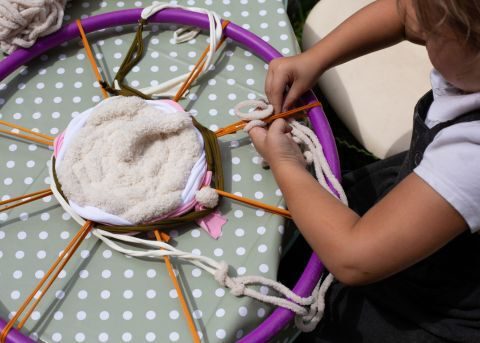A series of articles from leading practitioners around the world exploring ideas about children's play.
Play is the highest expression of human development in childhood for it alone is the free expression of what is in a child’s soul.
Learning and experimenting through play is at the heart of Froebelian practice.
Pioneering educator, Friedrich Froebel (1782 - 1852) recognised the importance of play when he opened the first kindergarten in 1836 for children under the age of 7.
Froebel believed that play is the principle means of learning in early childhood.
In play children construct their understanding of the world through direct experience with it.
Try our podcast
Created for educators and early years leaders interested in finding out what a Froebelian approach to early education is all about.
Listen nowThe Froebel Trust champions children's play. Play helps children to see how they connect with nature and the world around them.
Froebel advocated freedom with guidance and his ideas about learning through nature and the importance of play are well known throughout the world.
The right to play is enshrined in the UN Convention on the Rights of the Child and the importance of ensuring children have opportunities and spaces to play, where they feel safe and can enjoy themselves without adult direction, is now widely accepted.
Despite its many benefits, statistics show that the amount of time children get to play has been declining for decades. Tightly structured family and school schedules, more parents working outside the home, fewer safe places to play, and rising media use and screen time are among the reasons.
With this general decline in freedom for young children, Froebel’s teachings on nature, unity, connectiveness and risk taking seem to be more pertinent than ever, and many parents, carers and practitioners are looking at his principles to guide their practice and responses to young children.
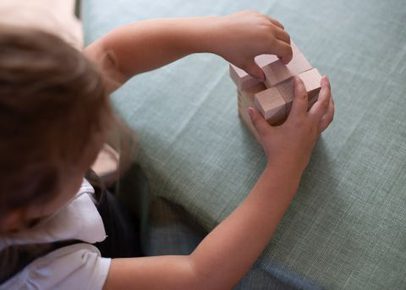
Twelve features characterising a Froebelian approach to childhood play
An article by Professor Tina Bruce. March 2020
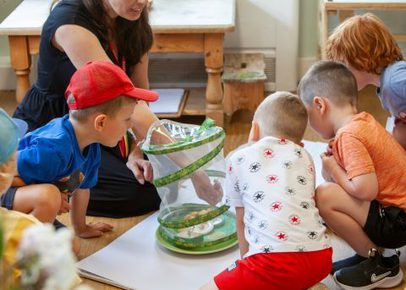
About Friedrich Froebel who invented "kindergarten"
An article by Dr Stella Louis and Dr Sacha Powell. March 2020
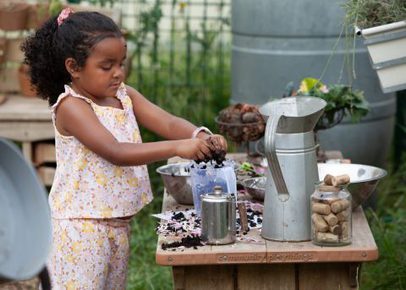
Play and Inclusion
An article by Dr Sharon Colilles June 2022
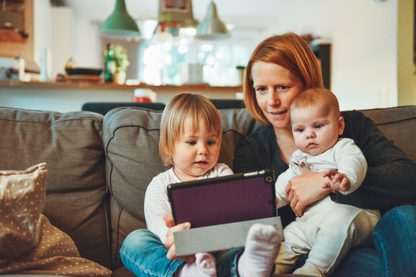
Digital play
What do we think Froebel would say about technologies & play? An article by Dr Lynn McNair June 2021
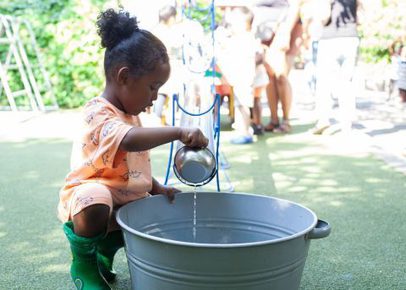
Play: Nature's educational tool?
An article by Alison Hawkins Dec 2022
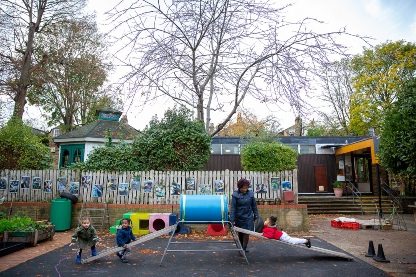
Play for all children
An article by Eve Whistler March 2023
The child is free to determine his own actions according to the laws and demands of the play he is involved in. Through and in his play he is able to feel himself to be independent and autonomous...
